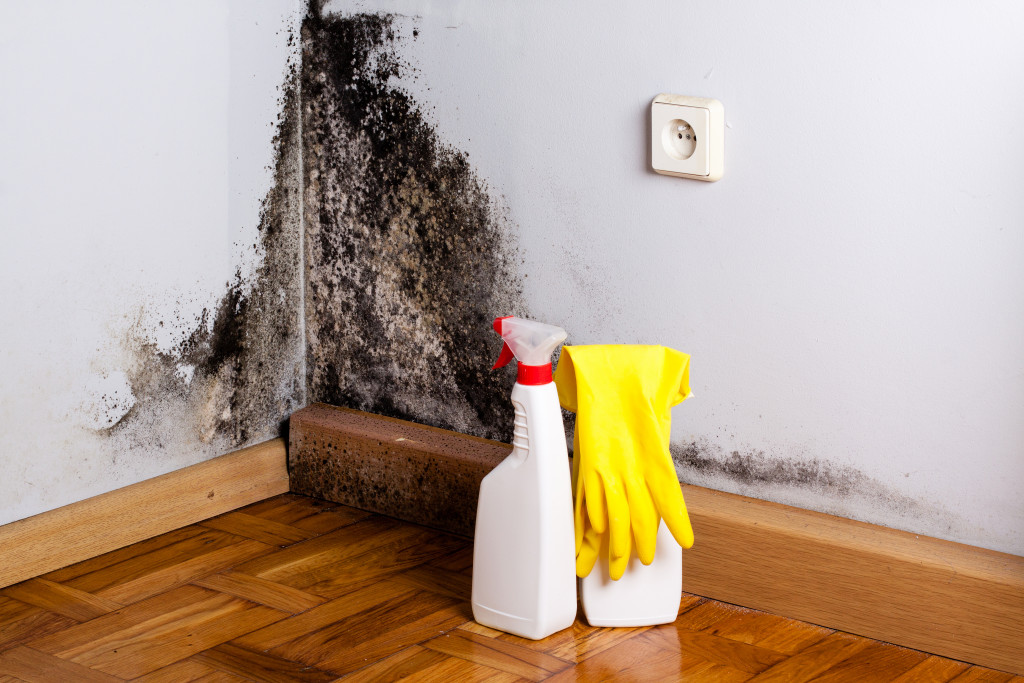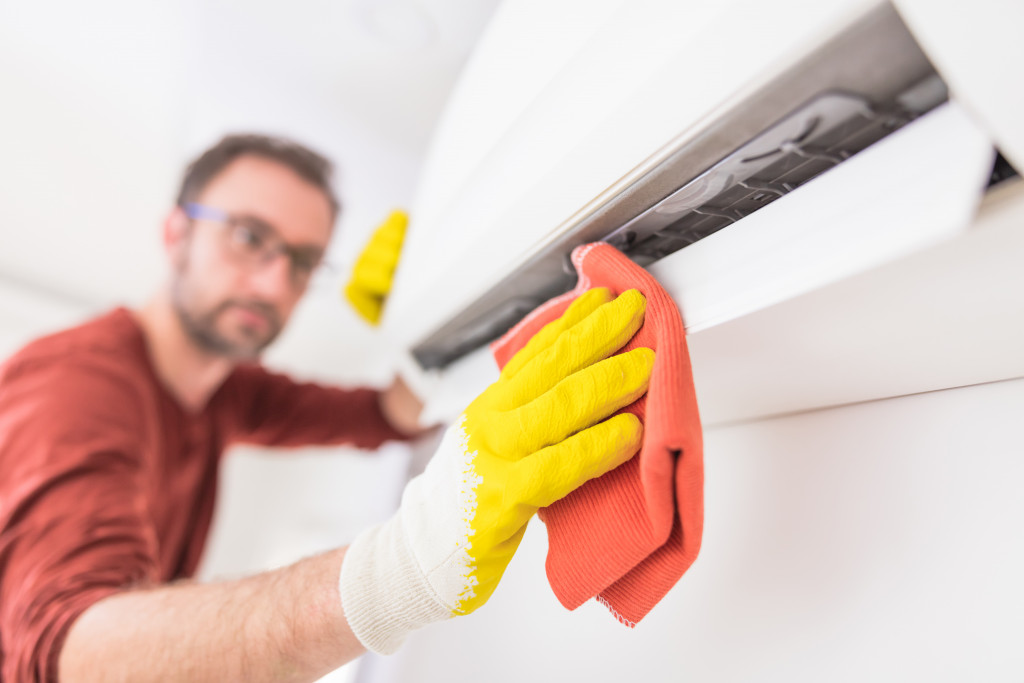• Poor air quality can drastically affect home life, ranging from reducing energy efficiency to triggering allergies and asthma.
• Air circulation is vital for maintaining good IAQ, and adding a whole-house ventilation system can help bring fresh air.
• Humidity levels should be controlled with a dehumidifier to prevent the growth of mold and mildew.
• Keeping your air filters clean and regular vacuuming and dusting can help reduce dust, pet dander, and other contaminants in your home’s air.
• By following these tips, you can improve the air quality of your home and create a healthier environment for all who live there.
Air quality can have a significant impact on people’s lives. But did you know that it can have an even more significant impact on the quality of your home life? Poor air quality can cause various problems, from reducing energy efficiency to triggering allergies and asthma. There are various effects of air quality on your home life.
Air Quality and Home Life
Air quality can affect how you live at home. Here is a look at how air quality can affect your home life.
Health Effects of Poor Air Quality
Poor air quality has been linked with various health issues, ranging from headaches and fatigue to more serious respiratory illnesses such as asthma and bronchitis. If you or anyone in your family suffers from allergies or asthma, poor air quality could worsen these conditions.
Mold Growth
Another potential issue is mold growth. Poor ventilation can allow moisture to accumulate within the home and create an ideal environment for mold spores to grow.
Inhaling mold spores can cause health problems, including respiratory irritation, allergic reactions, and headaches. If you notice any signs of mold growth in your home—such as musty odors or discoloration—it’s essential to address the problem as soon as possible.

Energy Efficiency Issues
Poor air quality can also reduce the efficiency of your heating and cooling systems. Dust, dirt, and other contaminants build up in the ducts over time, restricting airflow and reducing the system’s performance. This leads to higher energy bills as your HVAC unit has to work harder to maintain comfortable temperatures in your home. Keeping your ducts clean is vital to maintaining good indoor air quality (IAQ) and ensuring your HVAC system runs as efficiently as possible.
Reduced Comfort Levels
Finally, poor IAQ means less comfort for you and your family at home. Dusty surfaces make cleaning more difficult, while high humidity levels create an uncomfortable environment in which nobody wants to spend time.
Allergens like pet dander, pollen, or mold spores can also contribute to discomfort levels if they are not controlled. An effective IAQ system is essential if you want your family to enjoy their home without feeling stuffy or itchy due to poor air quality.
Pests
Finally, poor air quality can also attract pests such as dust mites and cockroaches into your home. These pests feed on organic matter that accumulates within the home over time (such as dust), so if you don’t keep up with regular cleaning and vacuuming, you could end up dealing with an infestation of these critters sooner rather than later! Not only are these pests unpleasant to deal with, but they can also carry bacteria which put everyone living in the house at risk for illnesses like salmonella or E. coli poisoning.

How to Improve Air Quality
Air quality dramatically impacts people’s lives—but it’s often overlooked. Poor IAQ can lead to health issues, and you need to change your home if you want to improve its air quality. Here are ways you can do that.
Improve Air Circulation
Air circulation is essential to your home. Adding windows to your home can help improve fresh air flow and reduce stale air. You should also consider adding a whole-house ventilation system to your home. These systems draw in fresh, filtered air from outside and introduce it into your house.
Control Humidity Levels
Humidity levels should be kept within a specific range to prevent the growth of mold and mildew. Investing in a dehumidifier can help reduce humidity levels within your home and improve air quality.
Clean Your Air Filters Regularly
Your HVAC system’s air filter traps dust, dirt, and other contaminants from the air reaching your home. Make sure to clean or replace the filter regularly to keep your air clean.
Reduce Dust and Pet Dander
Dust and pet dander can accumulate in carpets, furniture, and curtains. Regularly vacuum and dust these items to reduce the number of irritants and allergens in your home’s air.
Air quality has a direct effect on your home life. Poor air quality can lead to health issues and reduce the comfort of those living in the house. It’s essential to take measures to improve the air quality of your home if you want to keep your family healthy and comfortable! By following these tips, you can improve the air quality of your home and enjoy a healthier, more comfortable life.

